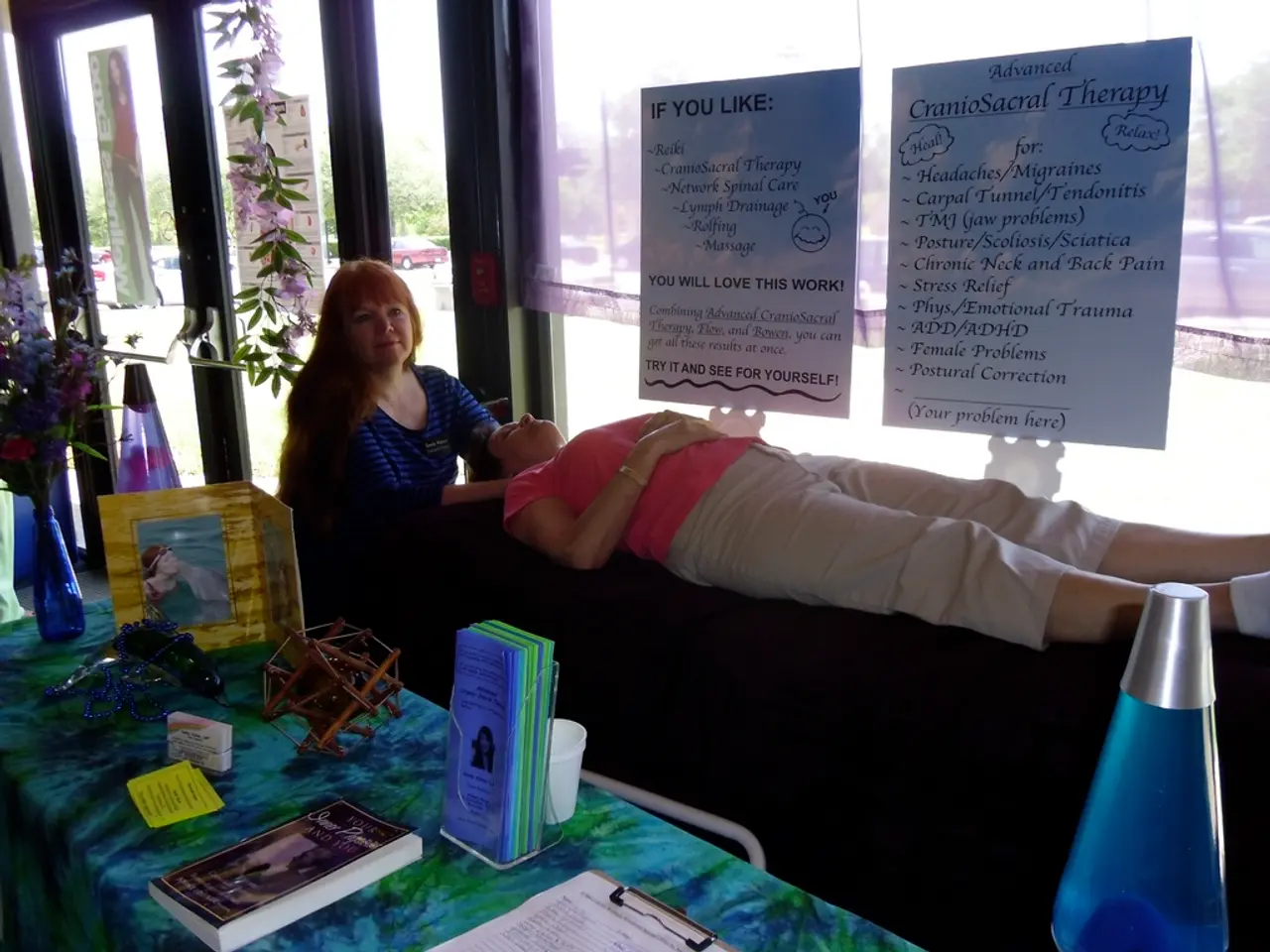Struggling with mental health issues in New York? An expanding option for assistance is becoming more prevalent.
New York City is witnessing a growth in voluntary, residential mental health programs, with crisis respite centers at the forefront. These facilities, designed for individuals recovering from mental health crises, have shown evidence of improving health outcomes and saving on costs.
The first crisis residential group home in New York City opened its doors in fall 2024, operated by TownHome Health, a New York-based start-up. The crisis respite center on Clarendon Road provides a quiet, homelike environment for individuals in need of support.
TownHome Health aims to scale up the mental health model of crisis respite centers not only in New York but also in other states. The organization's backers include Dr. Richard Park, the founder and former CEO of CityMD, who has proliferated his urgent care clinics across New York and New Jersey over the past 15 years.
The number of licensed crisis respite centers and similar crisis residences in New York has grown significantly, from 8 in 2021 to 43 currently, according to the Office of Mental Health. This surge in the number of centers is a testament to the growing interest from state officials and other health care providers.
Crisis respite centers offer more support for clients than weekly therapy sessions, but are more flexible than hospital stays. They allow individuals to stay for up to 28 days and come and go as they please. This flexibility is crucial for those who, like Jason Lopez, have diagnoses of bipolar disorder and schizophrenia and have been hospitalized multiple times. Jason Lopez was recently relaxing in a crisis respite center located on Flatbush's Clarendon Road.
Despite the success of the Parachute NYC program, which launched in 2013 and 2014 as part of a publicly funded pilot program, there were still just four centers operating a decade later in 2023. However, the momentum for these centers has picked up in the past couple of years, with 11 citywide centers now in operation, totalling 71 beds, according to the city health department.
A 2018 study on the Parachute NYC program found that respite clients had significantly fewer hospitalizations and lower Medicaid costs in the 11 months following their stays than a comparable patient population that had never visited the centers. This evidence of cost savings and improved health outcomes underscores the importance of these facilities in the mental health landscape of New York City.
Read also:
- Peptide YY (PYY): Exploring its Role in Appetite Suppression, Intestinal Health, and Cognitive Links
- Toddler Health: Rotavirus Signs, Origins, and Potential Complications
- Digestive issues and heart discomfort: Root causes and associated health conditions
- House Infernos: Deadly Hazards Surpassing the Flames








